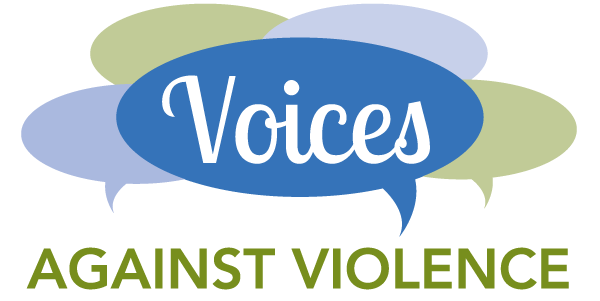Info for Teens
StalkingStalking is a pattern of behavior that makes you feel afraid, nervous, harassed, or in danger. It is when someone repeatedly contacts you, follows you, sends you things, talks to you when you don’t want them to, or threatens you. Stalking behaviors can include:
- Knowing your schedule.
- Showing up at places you go.
- Sending mail, e-mail, and pictures.
- Calling or texting repeatedly.
- Contacting you or posting about you on social networking sites (Facebook, Twitter, etc).
- Writing letters.
- Damaging your property.
- Creating a Web site about you.
- Sending gifts.
- Stealing things that belong to you.
- Any other actions to contact, harass, track, or frighten you.
You can be stalked by someone you know casually, a stranger, or a past or current friend, boyfriend or girlfriend. Getting notes and gifts at your home, in your locker, or other places might seem sweet and harmless to other people, but if you don’t want the gifts, phone calls, messages, letters, or e-mails, it doesn’t feel sweet or harmless. It can be scary and frustrating.
Sometimes people stalk their boyfriends or girlfriends while they’re dating. They check up on them, text or call them all the time and expect instant responses, follow them, and generally keep track of them even when they haven’t made plans to be together. These stalking behaviors can be part of an abusive relationship. If this is happening to you or someone you know, there are people you can talk to about it.
Stalking is a crime and can be dangerous. The legal definition of stalking and possible punishment for it is different in every state. Contact a victim advocate or your local police to learn about stalking laws and your rights in your state.
If You Are Being Stalked, You Might:
- Feel helpless, anxious, fearful, angry or depressed.
- Feel like you can never get away from the person who is stalking you.
- Think the person is always watching you.
- Feel frustrated that the person won’t leave you alone.
- Have difficulty sleeping or concentrating.
- Have nightmares.
- Lose or gain weight.
- Not know what might happen next.
Get Help
If you are stalked, it is not your fault. People who use controlling, harassing, or threatening actions are responsible for their own behavior. If you believe that someone may be stalking you, you can:
- Contact the police.
- Tell a parent, friend, school principal, or another adult you can trust.
Help Yourself
- Think about ways you can be safer. This means thinking about what to do, where to go for help, and who to call ahead of time.
- Where can you go for help?
- Who can you call?
- Who will help you?
- How will you escape a violent situation?
Here are other things you can do:
- Let friends or family members know when you are afraid or need help.
- Find out about your legal rights to protection from stalking.
- When you go out, tell someone where you are going and when you’ll be back.
- In an emergency, call 911 or your local police department.
- Keep a cell phone handy.
- Save notes, letters, or other items that are sent to you and keep a record of all other contact from the person who is stalking you. This includes text messages, emails, or voicemails. Take photographs of the texts and print out any emails you receive in case they are deleted. These items will be very useful to the police.
- If you choose to tell someone, you should know that some adults are mandated reporters. This means they are legally required to report neglect or abuse to someone else, such as the police or child protective services. You can ask people if they are mandated reporters and then decide what you want to do. Some examples of mandated reporters are teachers, counselors, doctors, social workers, and in some cases, coaches or activity leaders.
- If you want help deciding whom to talk to, call an anonymous crisis line or victim advocate in your area. You might also want to talk to a trusted family member, a friend’s parent, an adult neighbor or friend, an older sibling or cousin, or another experienced person who you trust.
Help Someone Else
If you know someone who is being stalked, you can:
- Encourage your friend to seek help.
- Be a good listener.
- Offer your support.
- Ask how you can help.
- Educate yourself about stalking. Avoid any confrontations because this could be dangerous for you and your friend.
Source: National Center for Victims of Crime – Stalking Resource Center
Voices 24 Hour Hotline
Domestic Violence Hotline
Sexual Violence Hotline
